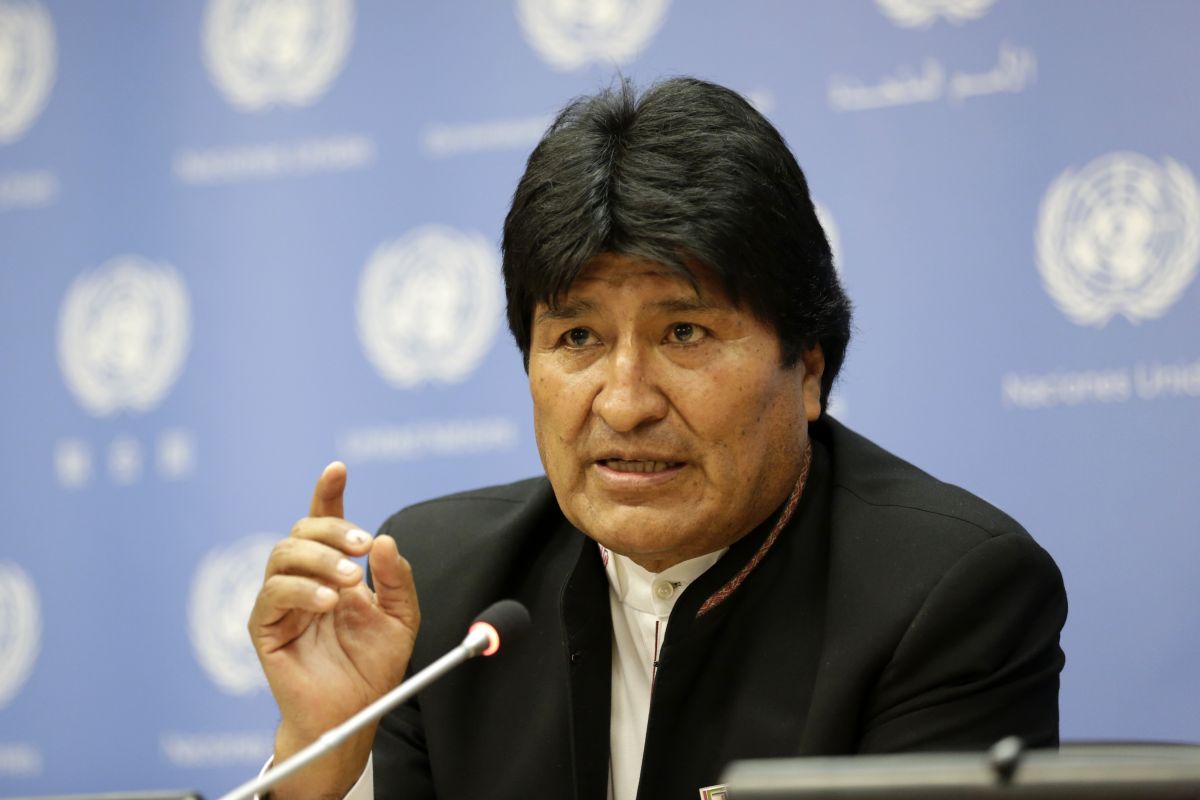Amazon nations fall short of agreed goal to end deforestation
The eight countries that share the Amazon basin have fallen short of an agreed goal to end deforestation, leaving each…
Earlier, Anez had declared herself interim president of Bolivia after the armed forces pressured elected head of state Evo Morales into resigning sent a bill to Congress calling for elections in 2020.

Evo Morales (Photo: IANS)
Bolivia’s Supreme Electoral Court (TSE) decided to hold general elections on May 3, according to the court’s Vice President Oscar Hassenteufel.
During a public event in the southern city of Sucre, the official said, “The first Sunday in May,” adding to it the official announcement will be made on Monday.
Last week, interim president, Jeanine Anez announced that the country will expel Mexico’s ambassador and two Spanish diplomats, drawing a tit-for-tat response from Madrid as a dispute over an alleged attempt to extract an ex-government aide escalated.
Advertisement
Earlier, Anez had declared herself interim president of Bolivia after the armed forces pressured elected head of state Evo Morales into resigning sent a bill to Congress calling for elections in 2020.
Thousands of largely indigenous protesters, many coca leaf growers, had gathered peacefully in Sacaba on Friday morning. But fighting began when many tried to cross a military checkpoint near the city of Cochabamba, where Morales supporters and foes have clashed for weeks.
Morales has been granted asylum in Mexico took to Twitter, saying that a massacre had occurred and he described Bolivia’s interim government as a dictatorship.
Violence had continued as a caravan of buses taking opposition supporters to La Paz was attacked, leaving three people injured, including one by gunfire. Morales lashed out against the OAS mission, accusing it of making a “political decision” instead of a technical one. “Some OAS technicians are at the service of … power groups.”
Morales was declared the winner of the October 20 presidential election with a narrow margin, giving him a controversial fourth term, having first taken power in 2006.
Relations with Bolivia have cooled since Mexico offered Morales political asylum and President Andres Manuel Lopez Obrador called the ex-leader the victim of a coup.
Bolivia has been plunged into political uncertainty since right-wing opposition factions rejected the re-election of the country’s first indigenous president, Evo Morales, to a fourth term in October elections, citing electoral fraud.
Advertisement